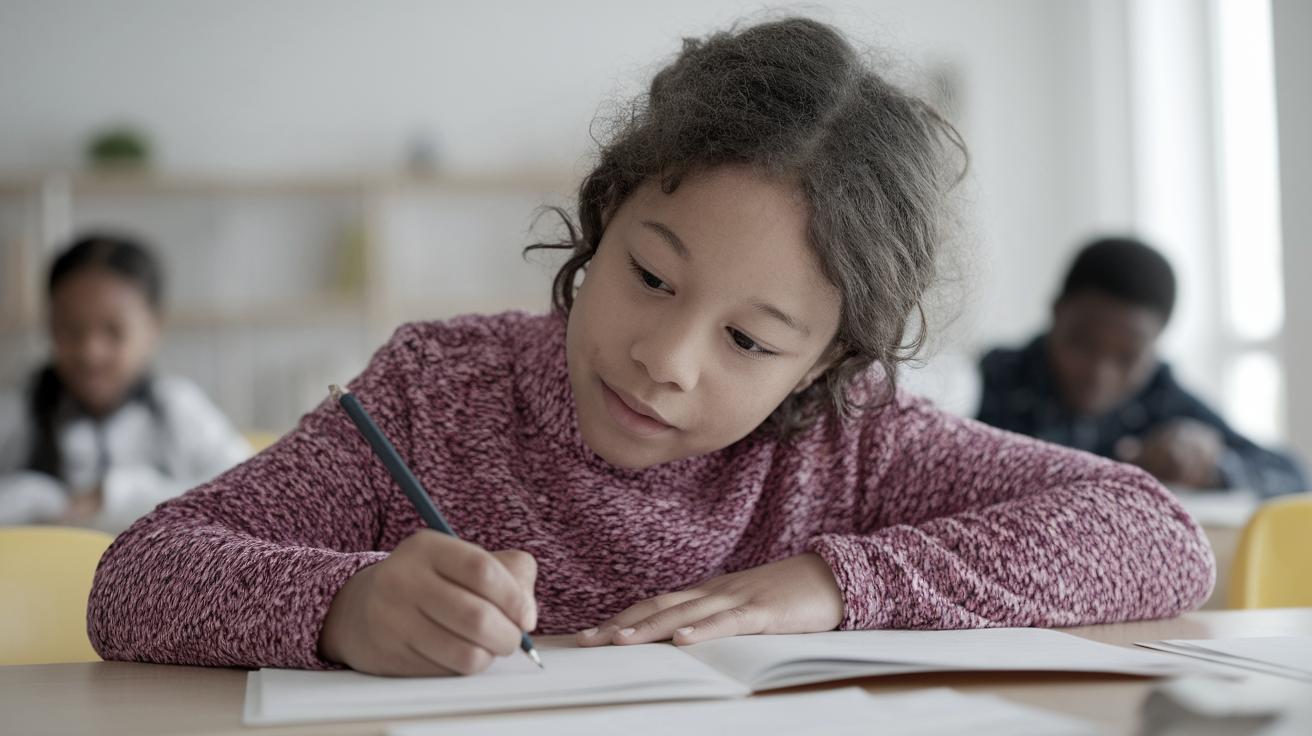How to Support Gifted and Talented Students
Gifted and talented students possess unique abilities and potential that require distinct educational strategies to ensure their development. This blog post delves into effective ways to support these students, starting with a clear definition of giftedness and the various policies surrounding their education. It then explores the critical role teachers and schools play in nurturing gifted students. Finally, it highlights the importance of inclusive practices that allow gifted learners to thrive alongside their peers. Our goal is to provide insights and practical approaches for educators, parents, and policymakers aiming to cultivate an environment where gifted students can reach their full potential.
Post navigation
-
Definition of giftedness and policy approaches for gifted education
-
Teacher and school capacity to support gifted students
-
Promoting inclusive practices in gifted education
Definition of giftedness and policy approaches for gifted education
Giftedness is often perceived as exceptional ability or talent in one or more areas such as intellectual, creative, artistic, or leadership capacity. However, definitions can vary significantly between educational systems and cultures. The National Association for Gifted Children (NAGC) defines gifted individuals as those who demonstrate outstanding levels of aptitude or competence in one or more domains. Recognizing this diversity is crucial to adapting educational strategies to meet varying needs.
Educational policies for gifted education reflect a spectrum of approaches. Some countries integrate gifted programs within the national curriculum, while others offer separate specialized institutions. Policies often determine access to resources such as advanced coursework, specialized teaching staff, and extracurricular opportunities designed to foster intellectual and personal growth. Establishing clear criteria and methods of identification is essential to implementing effective gifted education programs.
Teacher and school capacity to support gifted students
Teachers are pivotal in identifying and nurturing gifted students, yet they often face challenges due to a lack of specialized training. Professional development programs focusing on gifted education can equip teachers with the skills needed to recognize diverse talents and apply appropriate teaching methods. Resources and support systems within schools should empower educators to work effectively with gifted students.
The overall capacity of schools to support gifted students often depends on their infrastructure and available resources. Schools that incorporate flexible curricula, allowing for acceleration and enrichment strategies, can more effectively cater to the needs of gifted learners. Collaborative efforts between schools, educators, and families are key to developing nurturing environments that challenge and engage gifted students at various levels.
Promoting inclusive practices in gifted education
Inclusive education practices are crucial in ensuring that gifted students not only succeed individually but also within diverse classroom settings. These practices focus on creating learning environments where all students feel valued and respected. Schools should adopt flexible teaching methods, differentiating instruction so that every student, including those who are gifted, can engage meaningfully with the curriculum.
Social and emotional development plays a significant role in the education of gifted students. Promoting emotional intelligence and social skills within the curriculum helps foster a supportive community where students can explore their interests while maintaining positive peer relationships. Encouraging collaboration and peer learning also engages gifted students, allowing different strengths to complement each other and enhancing the educational experience for all involved.
Share this:
If you found this article helpful, please consider sharing it on your favorite social media platforms or with fellow educators and parents to spread awareness and support for gifted and talented education.
| Topics | Key Points |
|---|---|
| Definition of Giftedness | Giftedness includes exceptional abilities in various domains; definitions differ across cultures and educational systems. |
| Policy Approaches | Policies vary from integrated programs to specialized institutions; clear identification criteria are vital. |
| Teacher and School Capacity | Teacher training and school resources are crucial; collaboration among educators and families fosters nurturing environments. |
| Inclusive Practices | Inclusive education respects all learners; focuses on emotional intelligence and peer relationships enhance experiences. |


